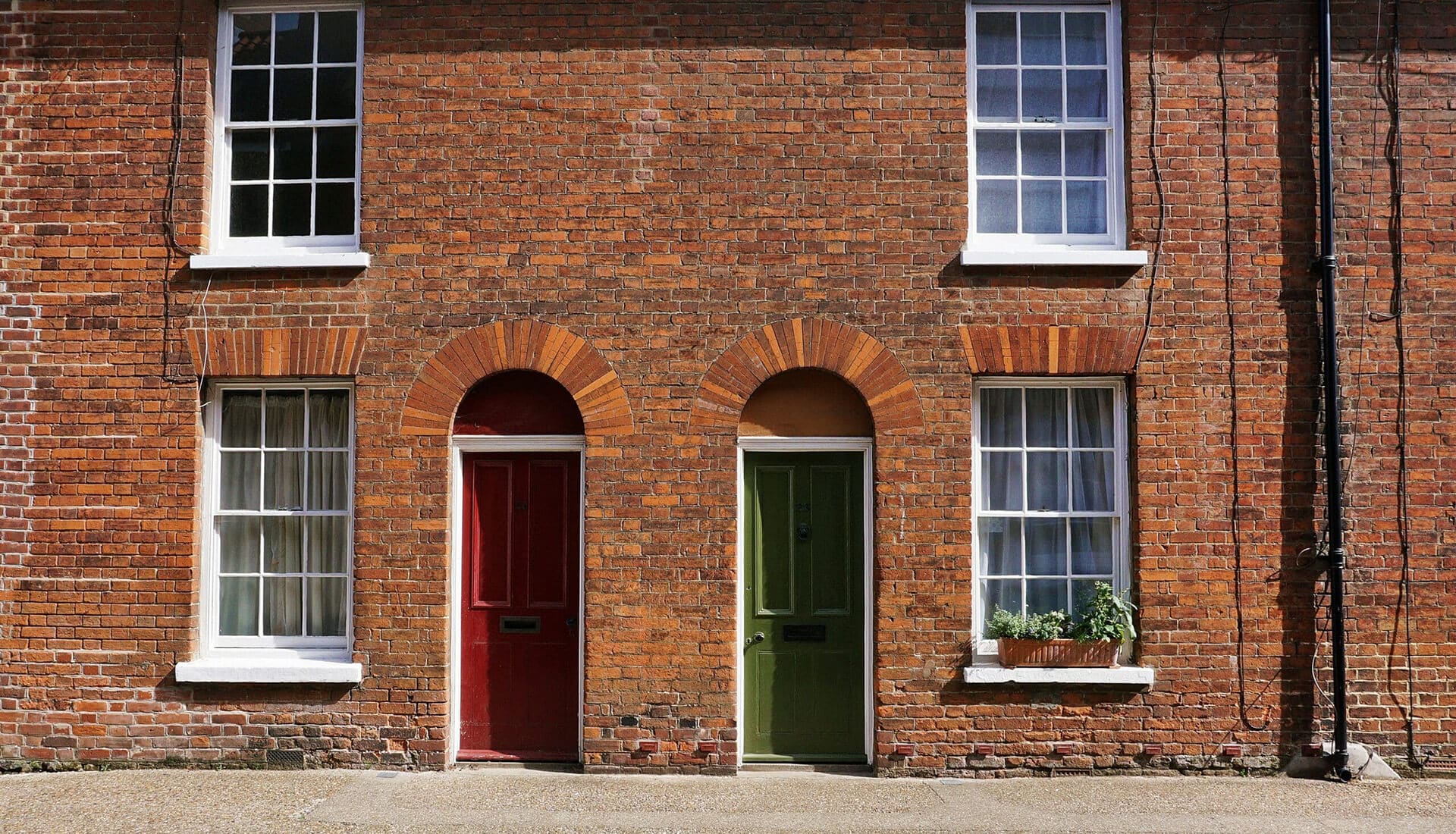

When you’re looking at buying your first house, or any house for that matter, you’ll come across many different terms and sayings that might become confusing or overwhelming. One of these terms you’ll probably encounter is ‘under offer’. Our guide on houses under offer dives into this phrase and helps simplify your home buying journey.
If a house is listed as “under offer”, this normally means that the seller has already received an offer from a potential buyer and the seller is now considering the offer.
There are many reasons why the seller could take their time to fully consider this offer, but in most cases it’s related to the offer being under the house’s asking price or due to the seller receiving multiple offers from different prospective buyers, and they’re taking their time deciding between interested parties.
Under offer is also used by some estate agents on houses where offers have been accepted, but contracts are yet to be legally exchanged between the buyer and seller.
Whereas homes that are under offer can often still be in the process of being considered by a seller, if you come across a house which is listed as “sold subject to contract” or “SSTC”, this usually means that the seller has received and accepted an offer from a buyer. Sometimes these two terms are used interchangeably, so it’s worth checking whether an offer has actually been accepted so you know exactly what’s going on.
Basically, homes which are sold subject to contract are essentially sold and are only waiting for final checks such as surveying and conveyancing checks to take place. There’s less chance of things falling through if a house is sold subject to contract then if a home is under offer. With that said however, there is still a chance that the house may come back onto the market again as at this stage of the journey, many things can fall through.
Yes, you can. As things aren’t legally fully completed and binded, the house is technically still up for grabs and you can still make an offer on a property that’s under offer or sold subject to contract if you are interested in purchasing it.
This is where a new term – gazumping – comes in. Gazumping is where you submit a better offer after another buyer has had theirs accepted. This is totally legal but it may cause some unhappiness between yourself and the other prospective buyer, as they’ll be missing out on a property they had their heart set on and be left to foot the bill for the non-refundable mortgage, survey, and solicitor fees.
Although this might be seen as slightly unethical by some, there’s not much that the other buyer can do about it. You can request a house viewing in the usual way, even if properties are listed as under offer or sold subject to contract. If after seeing the house you’d like to make an official bid, your agent is obligated to pass on any new offers to the seller.
You may find that your higher offer is more tempting to the seller, but more money might not always be the only factor involved. You could only match the existing bid, but explain to them that you can move faster due to having no property chain linked or even be a cash buyer ready to go right away. If the seller wants a quick sale, and the first bidder is taking their time, you could end up overtaking thm in the race and gazump them!
We’d advise chatting with the seller of your future home and asking them to take the property off the market to lower the risk of gazumping. Of course, they don’t have to do this and may choose not to, but by building up a good relationship with them as early on as possible will help you gain their trust and also help your journey run smoother. You’ll also want to move the house sale forward quickly to avoid any last-minute rivals, so make sure you have your mortgage paperwork in order.
There’s no limit on how long a house can be under offer for as each case is individual and everything will depend on how much time the seller takes to accept the offer in question.
Once this has been accepted, both parties will need to go through the remainder of the house buying process before the legal exchange of house contracts can happen. It can often take weeks to sort out so there’s a fair bit of space between making your offer and completing the purchase. As we mentioned earlier, it’s only after this stage that the house is officially off the market.
The timeline for buying a house can vary based on a number of factors. If the process goes smoothly, it could take just a few months, but take much longer if there are any hold-ups along the way. Unfortunately, this gives plenty of time for potential gazumping so make sure to speak with the seller to get them to politely ask that they remove the house from the market!
For any support or guidance about any stage of your mortgage journey, chat to one of our friendly team of Green experts or check out our other blog articles on how to apply for your first mortgage or save more money with a green mortgage.



